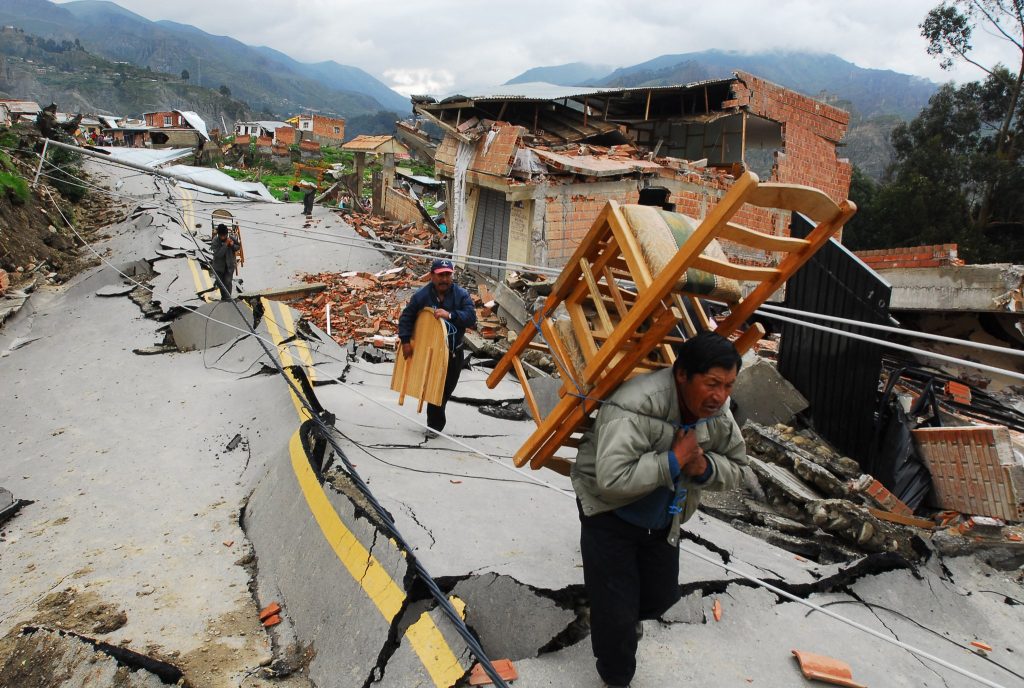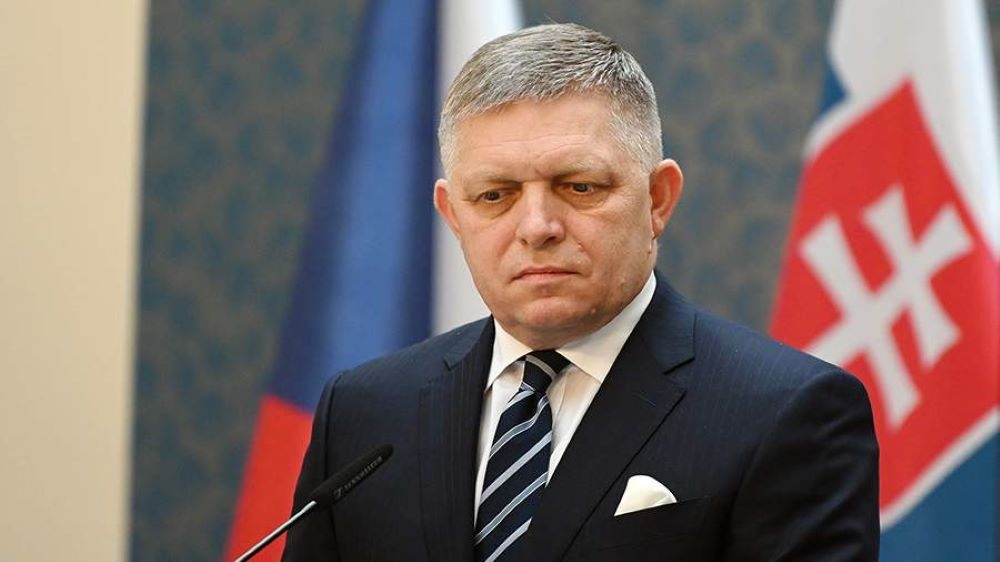
DANGER TO PRESS FREEDOM IN THE EU, SAYS LIBERTIES REPORT
This article was originally published on the website of the Colombian Media Association, AMI, on May 13, 2024. With their permission we reproduce it here.
——
In an article for The Guardian, correspondent Jon Henley explains that, according to a renowned civil liberties network, which highlights widespread threats to journalists and attacks on the independence of public media, press freedom is declining across the EU and is “dangerously close to a tipping point” in several countries.
The Berlin-based Civil Liberties Union for Europe (Liberties) said in its annual press freedom report, compiled with 37 rights groups in 19 countries, that alarming trends identified in previous years persisted in 2023, although new legislation at the EU level could offer hope for improvement.
“Press freedom is clearly in steady decline across the EU, in many countries as a result of deliberate harm or neglect by national governments,” said Eva Simon, Liberties’ senior advocacy officer.
“The decline in press freedom goes hand in hand with a decline in the rule of law. There is a close correlation between the two. This is the modus operandi of authoritarian regimes.” Simon said the EU’s new media legislation “has potential,” but must be implemented correctly.
Europe’s media landscape over the past year remained one in which media ownership was concentrated in a few hands, rules on transparency about who owns the media were inadequate, and there were numerous threats to the independence and finances of public media, Liberties said.
It also documented multiple cases of threats, intimidation, surveillance and violence against journalists in several member states, as well as restrictions on freedom of expression and access to information.
Liberties recommended that the European Commission closely monitor the implementation of a new European Freedom of the Media Act, which Simon said – despite its compromises – created a legal basis for improving press freedom.
“A lot will depend on national governments and authorities, but the law means that cases can now be brought before a European court that will decide what media independence, surveillance of journalists, and so on, really means,” he said.
A new EU directive aimed at addressing strategic and abusive lawsuits against public participation (known as Slapps) could also have a positive impact on the protection of press freedom and the safety of journalists, Simon said. However, he stresses that effective implementation of this directive will be crucial to ensure that journalists are truly protected and press freedom is promoted.
According to the report, journalists in countries such as Croatia, France, Germany, Greece and Italy faced physical attacks in 2023, and in Hungary and Slovakia reporters faced abuse and threats from elected politicians.
In Romania and Sweden, police failed to adequately investigate attacks on journalists, either due to lack of resources or unwillingness, the report said, while in France and Bulgaria police officers themselves attacked journalists.
Slapps were commonly used against journalists in Croatia, Greece, Italy, the Netherlands and Sweden, while reporters in Germany, Greece, the Netherlands and Poland were targeted for surveillance through spyware such as Pegasus and Predator.
The UK Solicitors Regulation Authority defines Slapps as “an alleged misuse of the legal system, and the initiation or threat of legal proceedings, in order to harass or intimidate and so discourage investigation of matters of public interest.”
Concentration of media ownership remained high in Croatia, France, Hungary, Poland, the Netherlands and Slovakia, with many media companies owned by only a few individuals, threatening the diversity of media voices and increasing the risk of bias.
In Germany, Hungary, Lithuania and the Netherlands, journalists critical of the government found themselves excluded from press conferences or other official events, or denied documents to which they should have had access.
In Slovakia, the populist prime minister, Robert Fico, has “broken off all communication” with four media outlets accused of “openly displaying hostile attitudes.” His government this month passed a controversial bill to reform the public broadcaster RTVS.
In Hungary, the public service media were already “so completely under the yoke of the government” that their output was “characterized by biased and one-sided reporting that is always in line with the interests of the ruling Fidesz party,” Liberties said.
In addition to Hungary, it said public media were “in a state of uncertainty” in Poland as the new prime minister, Donald Tusk, attempts to reverse the previous government’s interventions, and there are increasing concerns about the governments of Croatia and Italy regarding press freedom and civil rights.



